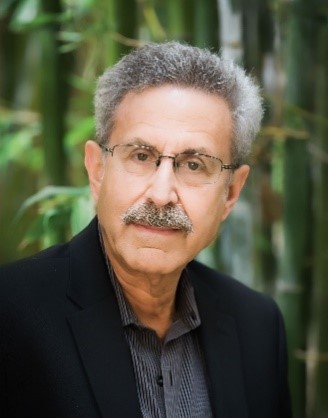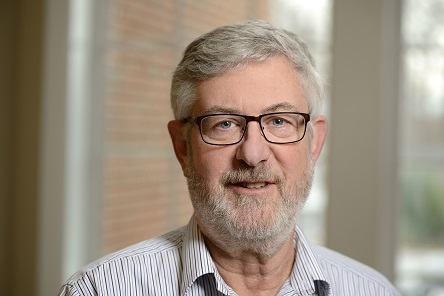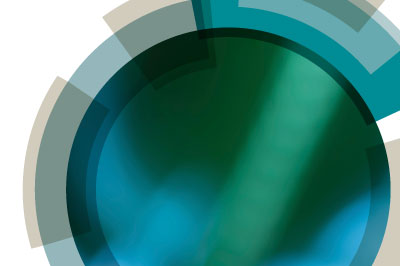This event will be held online
Welcome
Join us in early 2022 for this addition to our Faraday Discussion series. For over 100 years and 300 meetings, Faraday Discussions have been the forefront of physical chemistry. Many of these Discussions have become landmark meetings in their field.We invite you to join us to discuss the topic of Natural and artificial metalloenzymes and make your contribution to this cutting-edge dialogue alongside leaders in this field.
This meeting is for established and early career scientists, post-graduate students and industrial researchers interested in the key aspects of natural and artificial metalloenzymes and how they can drive forward many areas of science. The subject of biological inorganic chemistry/bioinorganic chemistry is one of the most intellectually-attractive and experimentally-demanding frontiers in modern chemical science. The problems of this interdisciplinary field are some of the most fascinating at the interface of chemistry, biology and medicine. The unique format of the Faraday Discussions will allow for in-depth discussions and opportunities to establish new cross-cutting collaborations.
On behalf of our committee, we look forward to welcoming you at the Discussion.
Rabindranath Mukherjee
Chair, Natural and artificial metalloenzymes
Attendance
The Royal Society of Chemistry is keen to encourage and enable as many people as possible to attend our events, to benefit from the networking opportunities and the chance to hear talks from leaders in the field. If you would like to discuss accessibility, please contact us to discuss your requirements so that we can enable your attendance.Format of the Discussion
Faraday Discussions remain amongst the only conferences to distribute the speakers’ research papers in advance, allowing the majority of each meeting to be devoted to discussion in which all delegates can participate. Following each meeting a written record of the discussion is published alongside the papers in the Faraday Discussions journal.Find out more about the Faraday Discussions in the video available.
Themes
The aim of this meeting is to bring together world-leaders in the field of bioinorganic chemistry, interlinked with spectroscopic and computational/theoretical physical chemists. We aim to provide a forum to discuss current mechanistic insights into the function of many metalloenzymes, as well as small molecule activation, the synthetic analogue approach to metalloproteins/enzymes, artificial enzymes, the therapeutic use of metal-ligand complexes and the methodologies (both experimental and theoretical), in this area of research. The Faraday Discussion format is ideally suited as it focuses on discussion rather than traditional dissemination and, by bringing together academics from a broad range of interests and disciplines, these discussions will stimulate and define new horizons.The Faraday Discussion will be organised into the following themes:
Small molecule activation and synthetic analogous
Small molecules are critical players in various biogeochemical cycles. Nature uses them in various metabolic processes. While molecules like O2, N2, CO2 and CH4 are abundant, most of them are largely inert, and their chemical transformations are thermodynamically demanding and mechanistically complex. They involve multi-electron redox processes, coupled with proton transfers, via reaction pathways that are difficult to control.
Techniques for studies of the kinetics and thermodynamics of metal-ligand exchange reactions
The metal-ligand bonds found in transition metal systems usually show slower rates of ligand-exchange. The increased ligand-lability can be an advantage for applications such as MRI contrast agents, sensors, and catalysts; however, only if suitable ancillary ligand-design strategies are implemented to enforce specific coordination environments and control rates of ligand-exchange. Use of state-of-the-art techniques to address key aspects of metal-ligand interaction phenomena for studies of the kinetics and thermodynamics of metal-ligand exchange reactions is desirable. This will help to develop metal complexes or conjugates that may bind reversibly or react selectively with biomolecules.
Electron transfer, spectroscopy and theory
Chemistry is the science of bond-breaking and bond-making, and electron-transfer reactions are at the heart of chemical science. Therefore, studies on electron-transfer reactions are fundamental to the understanding of metalloproteins/ enzymes at the molecular level. Spectroscopy has played a significant role in developing our understanding of active sites of many metallo-biomolecules. Often these active sites exhibit unusual spectral features, compared to small molecule synthetic analogues. As the results of high-resolution protein crystallography and parallel structural and spectral studies on structurally-defined model complexes become available, one tries to correlate the electronic structural properties obtained through spectroscopic investigations with the properties of the geometrical aspects of the active-sites/metal-ligand coordination geometry and rationalise the obtained results with theoretical calculations. Through this synergistic approach, a detailed understanding of the active-site electronic structure and its contribution to biological function can be evolved.
Natural & artificial enzymes and medicinal aspects
Enzymes are sophisticated proteins (barring ribozymes) having catalytic groups and often require specific cofactors and coenzymes for catalytic performance. Understanding the relationship between the active site structure (molecular and electronic) and reactivity properties of metalloenzymes is a challenge. Manipulation of the ‘active sites’ can be achieved by changing coordination sites (amino acids) of a metal ion through site-directed mutagenesis. By doing so, a protein can be made to act as an enzyme. Through appropriate chemical manipulations, a synthetic metal-ligand complex of potential relevance to enzyme active site can be incorporated into protein scaffold and can function as an artificial enzyme. This session will explore the structural, spectroscopic and chemical reactivity studies on metalloproteins/enzymes, artificial enzymes and therapeutic use of metal-ligand complexes as metallodrugs











